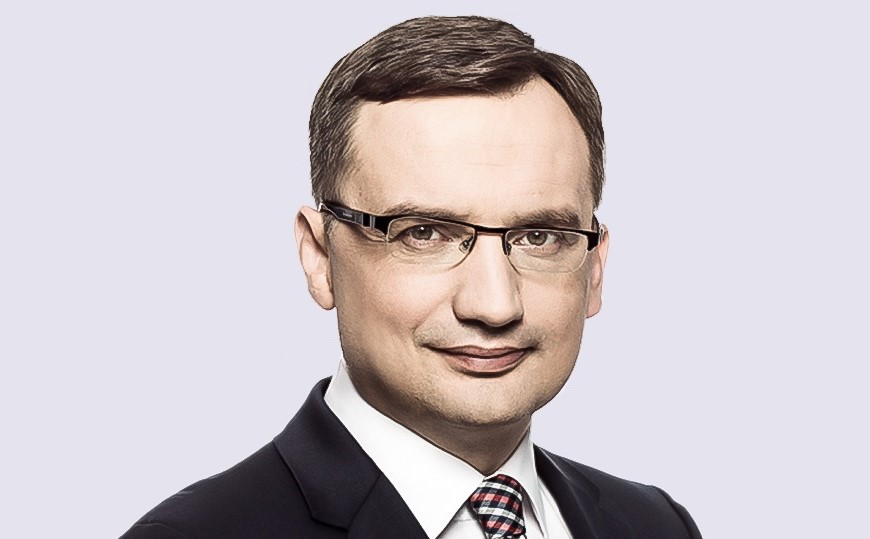2019-08-27
Analysis 5/2019: The Prosecutor's Office is in the hands of the authorities, that is, what the law allows

Synthesis:
- On 8 July 2019, prosecutor Mariusz Krasoń was seconded from the District Prosecutor's Office in Kraków to the District Prosecutor's Office in Wrocław, which is almost 300 km away and two levels lower in the hierarchy. The Justice Defense Committee (KOS) indicates that in May 2019 prosecutor Krasoń initiated a resolution of the Assembly of the District Prosecutor's Office in Kraków. This resolution signals, among other things, restrictions on the independence of prosecutors.
- The Law on Public Prosecutor's Office of 28 January 2016, passed by votes of the Law and Justice party1 transferred power in the prosecutor's office to one person - the Prosecutor General, who at the same time is the Minister of Justice. The changes discussed in the analysis have created additional tools to exert pressure on subordinate prosecutors. The extensive interference of the General Prosecutor in ongoing pre-trial proceedings, including the strengthening of the authority of the head of the prosecutor's office to transfer cases, makes it possible to prosecute people who are inconvenient for the authorities and to discontinue proceedings against those who are needed for or in favour of the authorities.
- The law introducing the Law on Public Prosecution of 20162 allowed for the degradation of qualified prosecutors with extensive professional experience from top prosecutorial positions. They have been replaced by prosecutors often from the lowest level to prosecutors' offices operating under changed names. In this way, nearly 1/3 of the prosecutors of the former General Prosecutor's Office and the former appellate prosecutor's offices were degraded.
- The mechanism of rewards and promotions is another tool to exert pressure on the prosecution authorities on the prosecutors subordinate to them. It is now possible to promote a prosecutor from the lowest level of the prosecution to the highest level.
- In addition to these changes, disciplinary proceedings affected by the Minister of Justice as Prosecutor General are a tool for top-down pressure. He appoints the President and Deputy President of the Disciplinary Court of the Prosecutor General and the disciplinary ombudsmen who are prosecutors in disciplinary proceedings of prosecutors. The General Prosecutor may also request that an investigation be initiated against a particular prosecutor.
- This increase in power is used to punish disobedient prosecutors and to influence their decisions. It may therefore raise concerns about the reliability and independence of pre-trial and judicial proceedings in relation to citizens.
- In addition, the last stage of the prosecutors' disciplinary proceedings, i.e. the proceedings before the Disciplinary Chamber of the Supreme Court, should be assessed critically. It currently consists only of newly appointed persons, whose opinions were expressed by the new National Council of the Judiciary, dominated by nominations of the ruling party, and appointed by President Andrzej Duda. Therefore, it is difficult to talk about its independence.
- In recent years, the system of disciplinary punishment of judges has also changed. It was made very dependent on the Minister of Justice (Prosecutor General). It allowed for disciplinary proceedings against judges and their harassment for disobedience to the authorities and criticism of actions harmful to the judiciary. The Civil Development Forum (FOR) informed about the problem in its analysis "The Disciplinary System of Judges Under the Control of the Minister of Justice".
1 The Law was passed by 233 Law and Justice MPs, 2 Kukuz'15 MPs and one independent MP, http://sejm.gov.pl/Sejm8.nsf/agent.xsp?symbol=glosowania&nrkadencji=8&nrposiedzenia=10&nrglosowania=50
2 The Law of 28 January 2016 - Provisions implementing the Law on the Public Prosecutor's Office (Journal of Laws 2016.0.178).
Author:
Karolina Wąsowska, lawyer
[email protected]
Files to download

